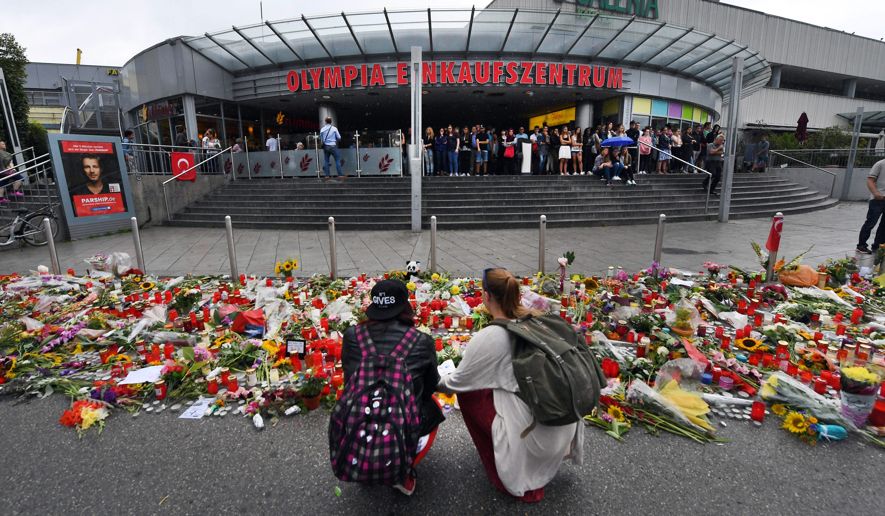German terror attack
January 13, 2017 | Expert Insights
On 19 Dec 16, an unidentified man ploughed a lorry into a busy Christmas market, in the heart of Berlin, Germany. 12 people were killed, scores injured and the death toll is expected to rise. The man who drove the Seven Ton vehicle into the Breitscheidplatz, near the historic Kaiser Wilhelm Memorial Church, escaped after the attack. Eye witnesses claim the man was either of Afghan or Pakistani origin. Two hours after the attack, the ISIS claimed responsibility; but on recent occasions, the now decimated ISIS, is known to have taken responsibility for events, they had little control over.
The lorry, which was loaded with steel beams, belonged to a Polish transport company. The owner of the transport company said the vehicle was driven by his cousin and the company had lost contact with the vehicle at 3 PM, that afternoon. The body of the driver was found in the lorry, with a gun-shot wound to the head. Police have warned that the terrorist is still at large, armed and dangerous. The Police are also not certain, if a larger group was involved or it was a ‘lone wolf’ attack.
What is the Political Impact of the Attack?
Europe is experiencing a wave of refugees coming from Middle East and Africa. Many European nations are hostile to accommodating refugees but Germany is an exception. In 2015, Germany provided asylum, to close to one million refugees. Chancellor Angela Merkel is facing growing criticism from both allies and opponents that an asylum-seeker, who entered Germany under the ‘Open Door’ policy, might have been responsible, for the carnage.
“Angela Merkel is on borrowed time, following the Berlin Christmas market terror attack. The attack was because of her failure to confront the mistake of a disastrous immigration policy.”-Frauke Petry, Alternative for Deutschland (Afd)
Is there a Rise in ‘Lone Wolf’ Attacks?
The ISIS has previously called on supporters to use ‘truck attacks’ to target civilians, in Europe. The Berlin attack, resembles the Nice, France terror outrage of 14 July 16, where a 19 Ton truck was driven into a crowd celebrating ‘Bastille Day’, killing 86 people.
On 20 Dec 16, Andrei Karlov, the Russian Ambassador to Turkey, was killed in Istanbul, by a 22-year old Turkish policeman, before getting gunned down himself.
Assessment
Germany has arguably the best counter-terrorist force in the world, called the GSG-9. However, even that force was found wanting, while dealing with ‘lone wolf’ attacks, like the Berlin Christmas market. From the terrorist’s point of view, the attack was very economical in logistics. And from the Intelligence point of view, the terrorist left a very small footprint, which is perhaps why, he has not been apprehended, so far. Intelligence profiling of individuals, i.e. assessing threat potential on personal parameters, and monitoring could be one way for preventing such threats. Counter-terrorist intelligence, needs to focus more on pre-empting terrorism rather that preventing or mitigating, such threats.
At a strategic level, terrorism aims at dividing people. The aim of the Berlin attack was to isolate the new immigrant population. By sowing seeds of distrust in German society, such marginalized groups can be alienated to become breeding grounds and support bases, for even more terrorism. Reading such a diabolic plan is challenging but winning support to counter it, amongst the homeland population, is even more difficult. There are hard times ahead for Chancellor Angela Merkel.


